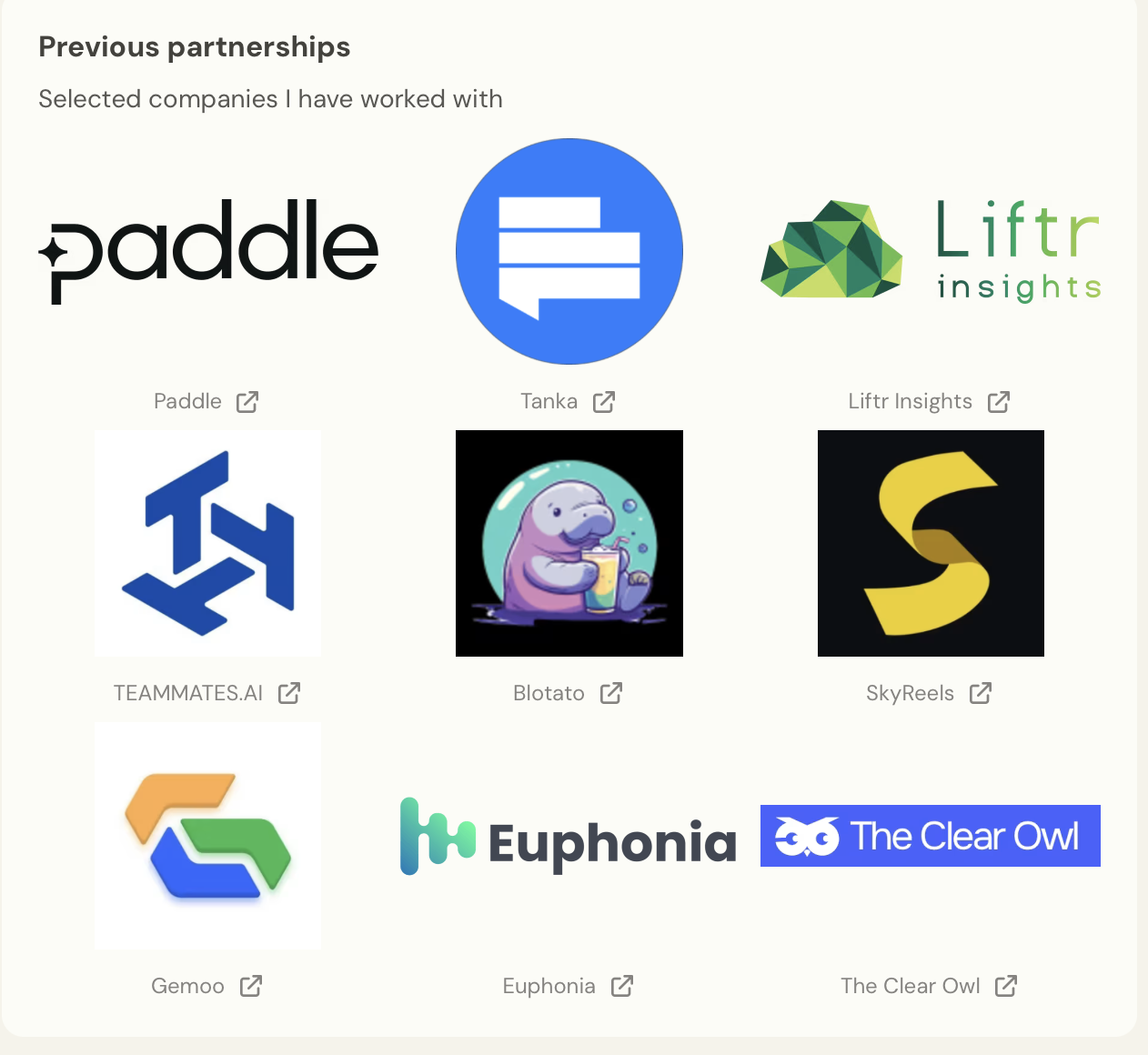China's AI Action Plan : A Bold Move in the Global Tech Race
The tech world just got a whole lot more interesting. China dropped its global AI action plan on Saturday, and honestly, it's a pretty big deal. They're calling for everyone to work together on developing and regulating AI technology. I've been following these developments closely, and this feels like a significant shift in how countries are approaching artificial intelligence governance.

So what's actually happening here? Premier Li Qiang kicked things off at the World Artificial Intelligence Conference in Shanghai, where he announced China wants to establish a global AI cooperation organization. Pretty ambitious, right? But it makes sense when you think about it.
Just days before, Trump unveiled America's own AI action plan. The timing? Not coincidental, I'm sure. The U.S. plan focuses on fighting what they're calling "woke" bias in AI and pushing American tech overseas. Two very different approaches to the same technology.
George Chen from the Asia Group summed it up perfectly: "The two camps are now being formed." China's going multilateral while the U.S. is building its own team. It's like watching two coaches with completely different playbooks.
What's really caught my attention is China's "AI plus" strategy. They're not just developing the tech - they're integrating it across industries. And get this - they've specifically mentioned helping countries in the Global South. You know, those developing economies outside the U.S. and European influence. Smart move, if you ask me.
But here's where it gets complicated. Since 2022, the U.S. has been trying to block China from getting advanced chips for AI training. Nvidia recently got permission to ship less advanced H20 chips to China after a three-month pause. But China hasn't just been sitting around waiting - they've been building their own alternatives.
Even Nvidia's CEO Jensen Huang called China's homegrown chips "formidable" during his recent visit. That's saying something!

What does all this mean for international AI cooperation? Well, it's complicated. The global AI governance landscape is splitting into two distinct approaches. China's likely to attract partners from its Belt and Road Initiative, while the U.S. will probably stick with allies like Japan and Australia.
Did you know former Google CEO Eric Schmidt met with Shanghai officials right before the conference? Makes you wonder what they discussed about global AI technology sharing, doesn't it?
I think we're witnessing a pivotal moment in how AI capacity building will unfold globally. China's positioning itself as a leader in international AI cooperation, especially for developing nations. Meanwhile, the U.S. is taking a different path entirely.
The question now is: which approach to AI technology regulation will gain more traction? Only time will tell, but one thing's for sure - the global tech race just heated up big time.



